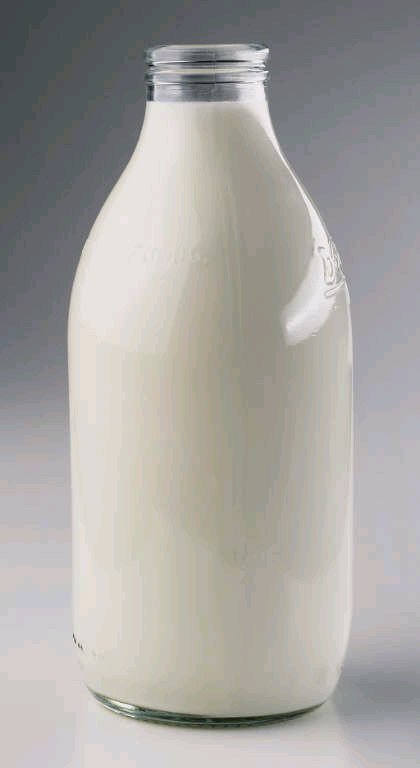A recent study suggests that historical milk-in-schools programmes – similar to the planned initiative announced by Fonterra today – may have played a role in preventing colon cancer in New Zealand.
 Today dairy cooperative Fonterra announced they will be launching a free milk in schools pilot programme, covering 110 schools in Northland during the first term of next year, before a nationwide rollout of the initiative.
Today dairy cooperative Fonterra announced they will be launching a free milk in schools pilot programme, covering 110 schools in Northland during the first term of next year, before a nationwide rollout of the initiative.
The health benefits of milk cited by Fonterra are reinforced by the results of a recent New Zealand study which examined the impact of New Zealand’s previous school milk programme on colorectal cancer risk.
The research, recently published in the American Journal of Epidemiology, suggests the risk of bowel cancer was 30 percent lower in people who drank school milk daily – and the reduction in risk was greatest for those who drank 1200 or more of the half-pint (300ml) bottles of milk in their school years. “Our results suggest that regular daily consumption of milk in childhood may reduce colorectal cancer incidence”, the authors state in their conclusions.
The study was based on a comparison of school milk drinking habits between 562 New Zealanders diagnosed with bowel cancer aged between 30 and 69, and 571 people of similar age without the disease.
The study was sparked by earlier research showing that the incidence of the cancer was lower in those born from about 1938 to 1953.
From 1937 to 1967, the government-funded milk-in-schools program provided 1 half-pint (284 mL) bottle of full-cream milk free each day to the majority of schoolchildren in New Zealand. The generations in New Zealand who participated in the milk-in-schools program were born from 1932 to 1962.
Although research in the UK has linked childhood dairy intake with an increased incidence of colon cancer in Britain, the Kiwi researchers suggest that the inverse may be true in New Zealand due to lower levels of calcium in our water. They speculate that the extra calcium provided to children through school milk may have played a role in mitigating cancer development among New Zealanders.
The Science Media Centre contacted the authors of the study for further comment on the findings and the recent announcement from Fonterra. Feel free to use these quotes in your reporting. To speak to a New Zealand expert please contact the SMC (04 499 5476; smc@sciencemediacentre.co.nz)
Dr Brian Cox, Otago University Medical School, one of the authors of the study, said:
“Our study supported our hypothesis that the calcium ingested by regular consumption of school milk might retard the development of colon adenomas during youth, the precursors of many bowel cancers.
“We would be most interested in studying the health effects of the reintroduction of free school milk in New Zealand. However, as the time delay between the consumption of milk at primary school and the measurement of a change in risk of bowel cancer is long, about 40 years, we will probably not be alive to measure any effect of the reintroduction of school milk. Therefore, only a retrospective approach is feasible to examine this further.
“If a further retrospective study (similar to the one already completed) confirmed our original findings we would not need to wait for 40 years to see whether the reintroduction of school milk reduced later risk of bowel cancer. It would then be possible to postulate a more specific approach to preventing bowel cancer .
“Unfortunately, we have not been successful in obtaining funding for further studies of the reduction in adult risk of bowel cancer associated with the consumption of school milk. We have made 4 approaches to funding bodies, including dairy industries, and would be very interested in pursuing research in this area.”